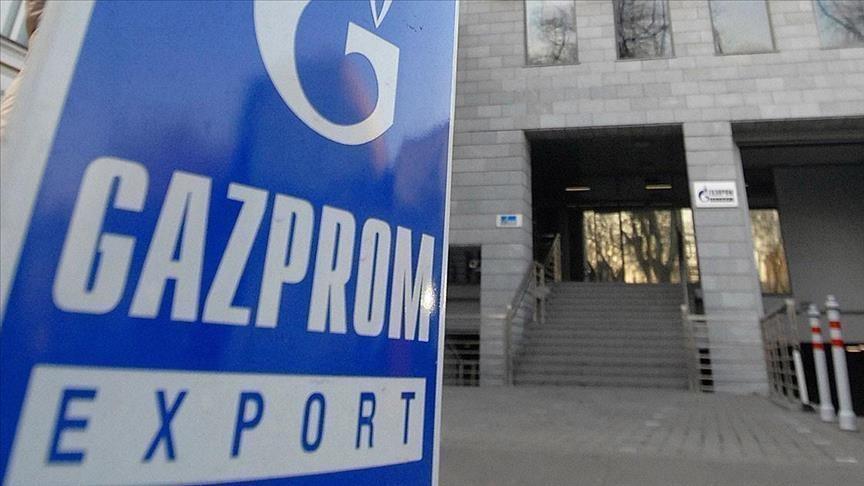As Europe braces for the expiration of the Russia-Ukraine gas transit agreement on Jan. 1, 2025, the region faces growing uncertainty over its natural gas supply, according to the latest outlook from Independent Commodity Intelligence Services (ICIS) on Wednesday.
The outlook said that, should the deal not be renewed, up to 14 billion cubic meters (bcm) of Russian gas could be cut off, putting immense pressure on Europe’s energy security and pushing gas prices higher in the coming months.
Gas storage levels in Europe are forecast to stand at 791 terawatt-hours (TWh) by the end of December, or 72% of capacity, marking a 15% drop from November.
By March 2025, stocks are expected to fall to just 33% full, leaving Europe vulnerable as it heads into the colder months.
Norway’s gas exports to the EU and the UK are set to decline by 9% compared to last year, further tightening supply.
In the LNG market, imports to Europe are projected to reach 116 TWh, a 14% month-on-month increase but still 10% lower than the same period in 2023.
Despite this rise, the region’s dependency on global LNG markets remains a critical concern, with volatility expected to increase as the winter progresses, ICIS said.
– Risks from US sanctions and supply disruptions
The situation is further complicated by US sanctions on Gazprombank, which restrict European transactions for Russian gas.
As of December 21, the risk of supply disruptions becomes more pronounced if European buyers fail to secure alternative payment mechanisms. A full payment failure could result in annual loss of 26 bcm of Russian gas to Europe, exacerbating the supply shortfall.
The expiration of the Russia-Ukraine gas agreement, coupled with ongoing challenges in the LNG and pipeline supply chains, is set to create a volatile backdrop for European gas markets in the final weeks of 2024.
The coming months could see a significant spike in gas prices as markets adjust to the evolving supply dynamics.
The expiration of the gas transit deal marks a pivotal moment for Europe’s energy future.
Without a resolution, the region will need to accelerate its efforts to secure alternative supplies, diversify imports, and reduce reliance on Russian gas—all while managing the growing demand during the peak winter season, according to the outlook.
The outcome of these negotiations will have long-lasting implications for Europe’s energy landscape as it faces the dual challenge of securing short-term supply and preparing for a future of energy transition.

